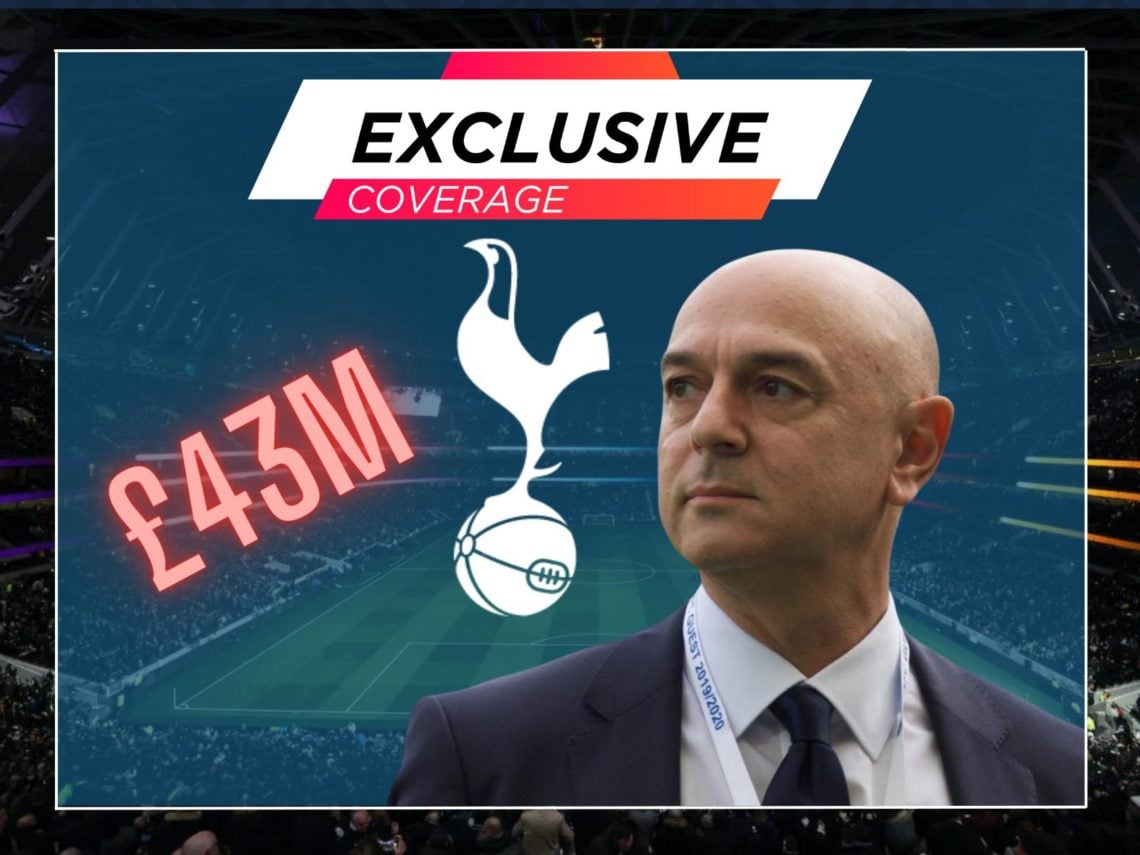
Tottenham on the ‘cusp of a revolution’ as £42.5m news confirmed
Tottenham and their top-flight peers “are on the cusp of a sponsorship revolution” as the Premier League’s global popularity continues to boom, Football Insider has been told.
Spurs recently agreed a £42.5million deal in principle for the South Africa tourist board to become their sleeve sponsor for the next three years.
But while Tottenham were delighted with an arrangement which would have been the most lucrative sleeve deal in the Premier League, the partnership was aborted last week in the face of intense public resistance.

Critics argued that South Africa can ill afford to invest in a foreign economy at a time of severe economic hardship.
Nevertheless, the tourism sector has been one of the Premier League’s biggest commercial growth areas in recent years.
Man United, who are currently sponsored by Visit Malta, also recently sent a sponsorship proposal to the South Africa tourist board and are understood to have held talks over a front-of-shirt deal with Visit Saudi.
Newcastle United meanwhile reportedly sat down with officials from Botswana in the summer and Arsenal have a sleeve deal with Visit Rwanda.
The latter deal has drawn fire from human rights watchdogs, who argue that the Gunners are effectively endorsing an authoritarian regime – whose president incidentally is Paul Kagame, a self-professed Arsenal fan.
Simon Chadwick, Professor of Sport and Geopolitical Economy at Skema Business School in Paris, explained the motivations behind tourism’s inroads into the Premier League and the inherent complications it yields.
“The Premier League has got to be the world’s most cost-effective advertising platform,” he told Football Insider.
“You get 24/7, 365 coverage. People see your logo and know who you are. A TV advert during Coronation Street might cost you £70,000 for a 30-second slot. It’s more cost-effective to advertise through the Premier League.

“But I think there is also this notion of image transfer. Association with a premium sports brand makes you a premium destination. It projects a certain image for these tourist boards.
“Think about Arsenal and Visit Rwanda. That country hasn’t historically had the most positive associations. The partnership has addressed some of those reputational issues.
“It’s part of the positioning that these nations are trying to achieve. It offers coverage in a way that other advertising platforms don’t.
“Many believe commercial rights are undervalued. This is why we see this wave of North American investors moving into the Premier League. There is this consensus that it is an incredibly powerful proposition that is being undersold.
“I guess we’re are on the cusp of something of a sponsorship revolution. At the top end of the game, it may have plateaued but many would argue that with heavier selling, it will rise again.

“Sponsorship can be one source of more liquid revenue. The product has had enormous resilience for over 150 years and there is huge engagement with football. But there is much greater commercial value to be achieved.
“With many clubs, there is still a transactional culture in place. That means you sell, sell, sell. If you don’t hit your target numbers, you’re out.
“The focus is on trying to seal the deal and make the most money possible without asking too many questions. You’ve got to pay the salaries of these incredibly expensive footballers after all.
“From the perspective of Tottenham and South Africa, people are asking the same questions. This is a reaction to where the power rests commercially, which in football is the Premier League. People have resisted that and acted agaisnt it.

“But I think the transactional culture is a reflection of what happens on the field: you win at all costs. You don’t ask the searching questions that you should be asking.
“Supporters are complicit. They could boycott and take direct action, but they don’t. We are all part of this ecosystem that allows socially undesirable sponsors in football.”
In other news, Tottenham blown out of the water in Milan Skriniar chase as rivals agree deal.
